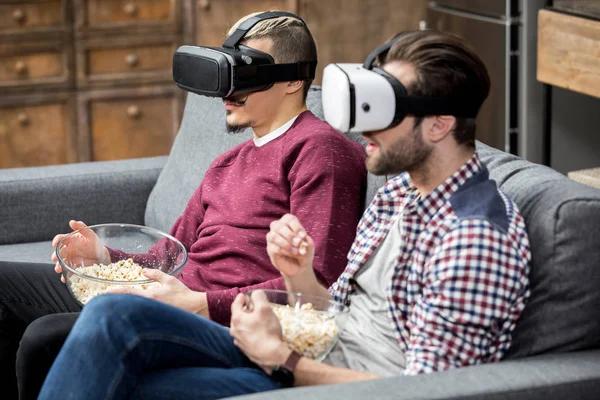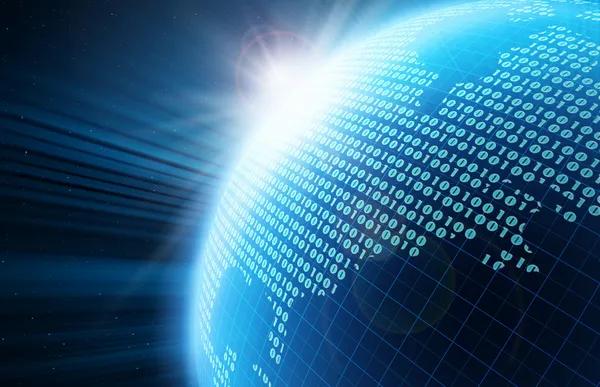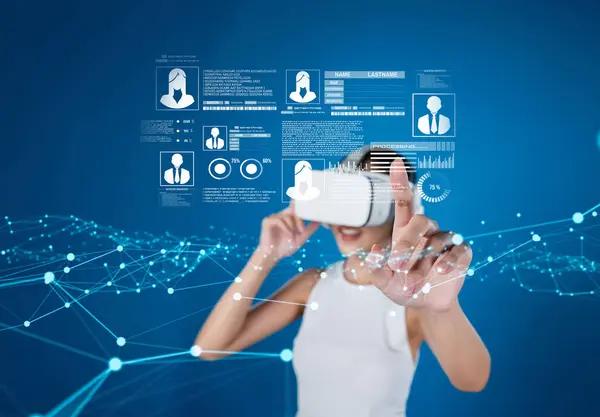As advancements in technology continue to reshape the world, one area that has seen significant transformation is healthcare. Specifically, remote healthcare monitoring (RHM) has been revolutionized by the advent of new technologies. Remote patient monitoring involves using digital technologies to collect medical and health data from individuals in one location and electronically transmit it to healthcare providers in a different location for assessment and recommendations.
The use of wearable devices such as smartwatches, heart rate monitors, glucose monitors chehalisrent.com among others have significantly enhanced RHM. These devices can continuously track vital signs like heart rate, blood pressure or glucose levels and send this data to healthcare professionals in real-time. This allows for immediate intervention if any abnormality is detected, thus preventing potential health emergencies.
Moreover, telemedicine platforms have made it possible for patients to consult with their doctors virtually without having to leave their homes. This has proven particularly beneficial during the COVID-19 pandemic when movement restrictions were imposed globally. Patients can now share their symptoms with physicians via video calls or text messages and get prescriptions sent directly to their local pharmacies.
Artificial Intelligence (AI) is another game-changer in remote healthcare monitoring. AI algorithms can analyze patient data collected from wearable devices or electronic gagtemps.com health records and predict potential health risks before they become serious issues. For instance, an AI system could analyze a person’s heart rate data collected over time and predict the likelihood of them developing cardiovascular disease.
Furthermore, cloud-based systems are helping streamline RHM by providing efficient storage solutions for massive stevenmontez.com amounts of patient data generated daily from various sources like wearables or telemedicine platforms. Healthcare providers can nusaplaymax.com easily access this data anytime they need it without having to sift through piles of paperwork.
The advent octotechs.com of 5G technology promises even greater improvements in remote healthcare monitoring due its high-speed internet connectivity which will enhance real-time transmission of large diginovas.com volumes of patient data between devices and healthcare providers.
However, despite these advancements there still exist challenges that need addressing such as data privacy and security issues. With the increasing amount of personal health information being transmitted electronically, there’s a heightened risk of this data falling into the wrong hands if not properly secured.
In conclusion, technology is revolutionizing remote healthcare monitoring by thebodyboys.com enhancing real-time patient monitoring, enabling virtual consultations with physicians, predicting potential health risks using AI and providing efficient storage solutions for patient data through cloud-based systems. As technology continues to evolve, we can only expect more advancements that will further improve remote healthcare thebodybabes.com delivery. However, it’s equally important to address existing challenges like data privacy and security to ensure successful implementation of these technologies in RHM.




